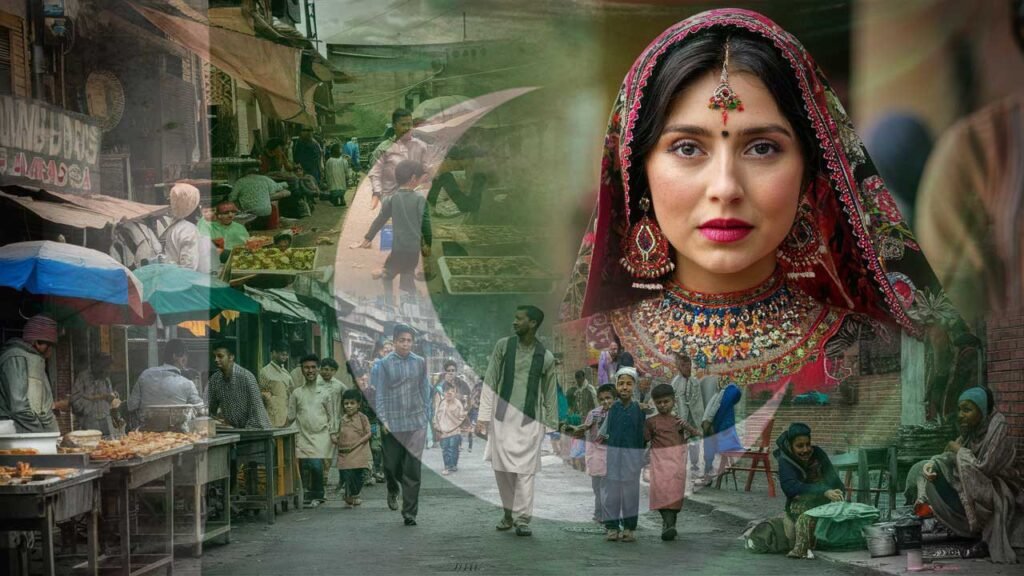Introduction
Pakistan, a country of diverse cultures, rich history, and geopolitical significance, often faces criticism and challenges that lead some to label it as “toxic.” However, such a characterization can oversimplify the complex issues and dynamics. This blog aims to provide a nuanced perspective on the factors contributing to this perception and explore potential paths forward.
Historical Context
The first step in understanding Pakistan’s current problems is to look at its past. Since 1947, when it was established, Pakistan has experienced political instability, military coups, and wars with its neighbour, India. These events have formed the nation’s identity and governance structure.
Political Instability
Political instability continues to be a serious concern in Pakistan. The frequent changes to government corruption and ineffective governance have caused a lack of consistency in policy and growth. The military’s role on the political scene also impedes democratic governance.
Economic Struggles
Pakistan’s economy faces numerous challenges, including high debt levels, unemployment, and inflation. These economic difficulties contribute to widespread poverty and inequality, fueling frustration and discontent among the population.
Security Concerns
Terrorism and internal conflicts have plagued Pakistan for decades. The presence of militant groups, sectarian roughness, and border disputes have created a security environment that is often perceived as dangerous. These issues not only affect the safety of citizens but also hinder foreign investment and tourism.
Social Issues
Pakistan grapples with various social issues, including gender inequality, limited access to education, and inadequate healthcare. These problems disproportionately affect vulnerable populations and perpetuate cycles of poverty and disadvantage.
Media Representation
International media often focuses on Pakistan’s negative aspects, which can reinforce the “toxic” label. While it’s crucial to acknowledge the country’s challenges, it’s equally important to recognize its people’s resilience and positive contributions.
Path Forward
Addressing Pakistan’s complex issues requires comprehensive and sustained efforts. Key steps include:
- Political Reform: Strengthening democratic institutions and reducing corruption can enhance governance and stability.
- Economic Development: Promoting economic policies that foster growth, job creation, and poverty reduction is essential.
- Security Measures: Implementing effective counter-terrorism strategies and promoting peacebuilding initiatives can improve security.
- Social Progress: Investing in education, healthcare, and gender equality can uplift marginalized communities and drive social change.
- Balanced Media Coverage: Encouraging media to provide a more balanced portrayal of Pakistan can help shift perceptions and highlight positive stories.
Conclusion
Labeling Pakistan as a “toxic country” oversimplifies its complex realities. We can appreciate Pakistan’s multifaceted challenges by understanding the historical, political, economic, security, and social dimensions. Pakistan can work towards a more stable, prosperous, and equitable future through collaborative efforts within and with the international community.










